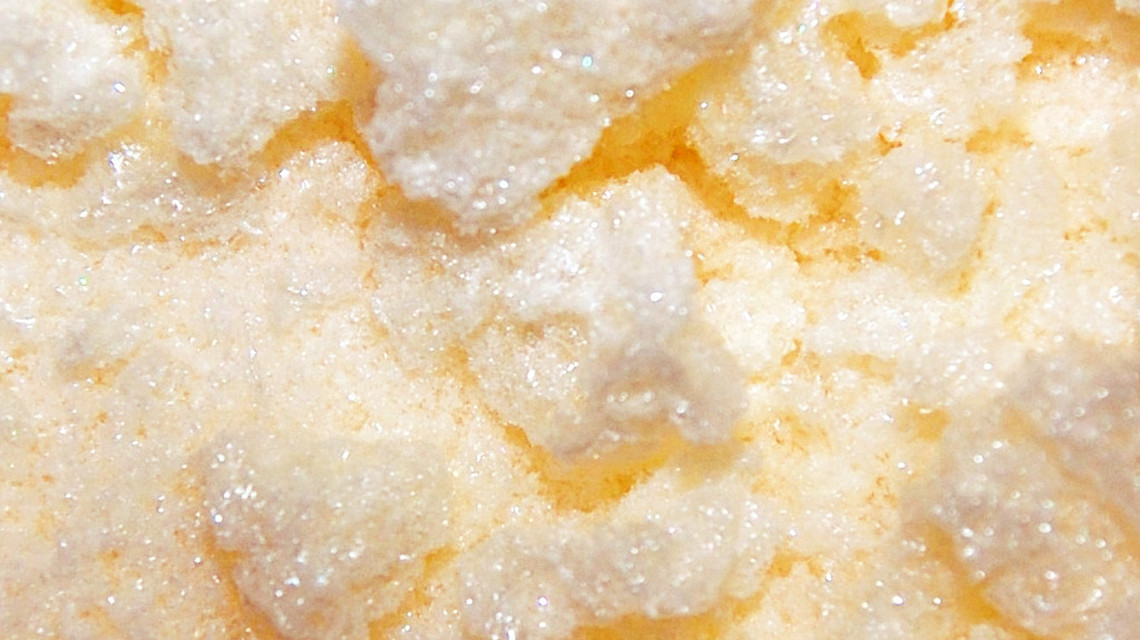Sugar-based vaccine protects against pneumonia
More effective vaccines against pneumonia could soon be available: A synthetic sugar protects against forms of pneumonia and meningitis that are unaffected by conventional vaccines.

Every year, 1.6 million people worldwide die from infections with the bacterium Streptococcus. Although there are vaccines against the pathogen, they are largely ineffective against one of the approximately 90 known variants, the so-called serotype 1, which is widespread in sub-Saharan Africa and causes many cases of meningitis there. Researchers from the Max Planck Institute of Colloids and Interfaces in Potsdam, the Freie Universität Berlin and the Charité-Universitätsmedizin Berlin have now developed a synthetic carbohydrate vaccine against serotype 1 pneumococci, which has already proven to be effective protection against ST1 pneumoccocal infections in rabbits. The scientists have now presented their findings in the journal "ACS Central Science".
Hiding amongst the molecules
Pneumococci cover themselves with a mantle of sugar molecules in order to camouflage their surface structure in such a way that the immune system cannot recognise them. Each one of the approximately 90 serotypes has its own individual way to cover themselves. Because of this, vaccines against pneumococcus aim to attach a protein molecule to sugar structures that are commonly utilized by as many serotypes as possible. The immune system then reacts to the protein molecule and realizes the sugar structure as a foreign body. As a result, the camouflage of the pneumococci no longer works.
Tailor-made synthetic sugars
The researchers suspected that a certain amino sugar plays a central role in the detection of serotype 1: 2-acetamido-4-amino-2,4,6-trideoxy-d-galactose or AAT for short. However, if the protein molecule binds to the sugar molecules isolated from the bacteria during vaccine production, this reaction has a slight effect on the structure of the sugars. Established vaccines seem to change AAT of all things when the detection protein attaches.
To combat this, researchers used chemically produced sugars for their vaccine candidate, in which the AAT molecules do not change during vaccine production. "During the processing of isolated carbohydrates it is easy for an important building block like AAT to be altered. As opposed to this, synthetic carbohydrates can be planned down to the last detail and developed accordingly so that nothing goes wrong,” says Benjamin Schumann, a former researcher at the Max Planck Institute of Colloids and Interfaces and first author of the study.
Superior to previous vaccines in animal experiments
In animal experiments on rabbits, the approach has proved superior to vaccines already available on the market. Now the researchers from Potsdam and Berlin want to further develop the vaccine so that they can test it in clinical studies on humans. "The synthetic sugar vaccine against pneumococcus is very promising and is currently being tested in combination with approved vaccines," said Peter Seeberger, Director of the Max Planck Institute. He is convinced that this new generation of sugar vaccines will protect people from dangerous pathogens within a few years
siw/bl


